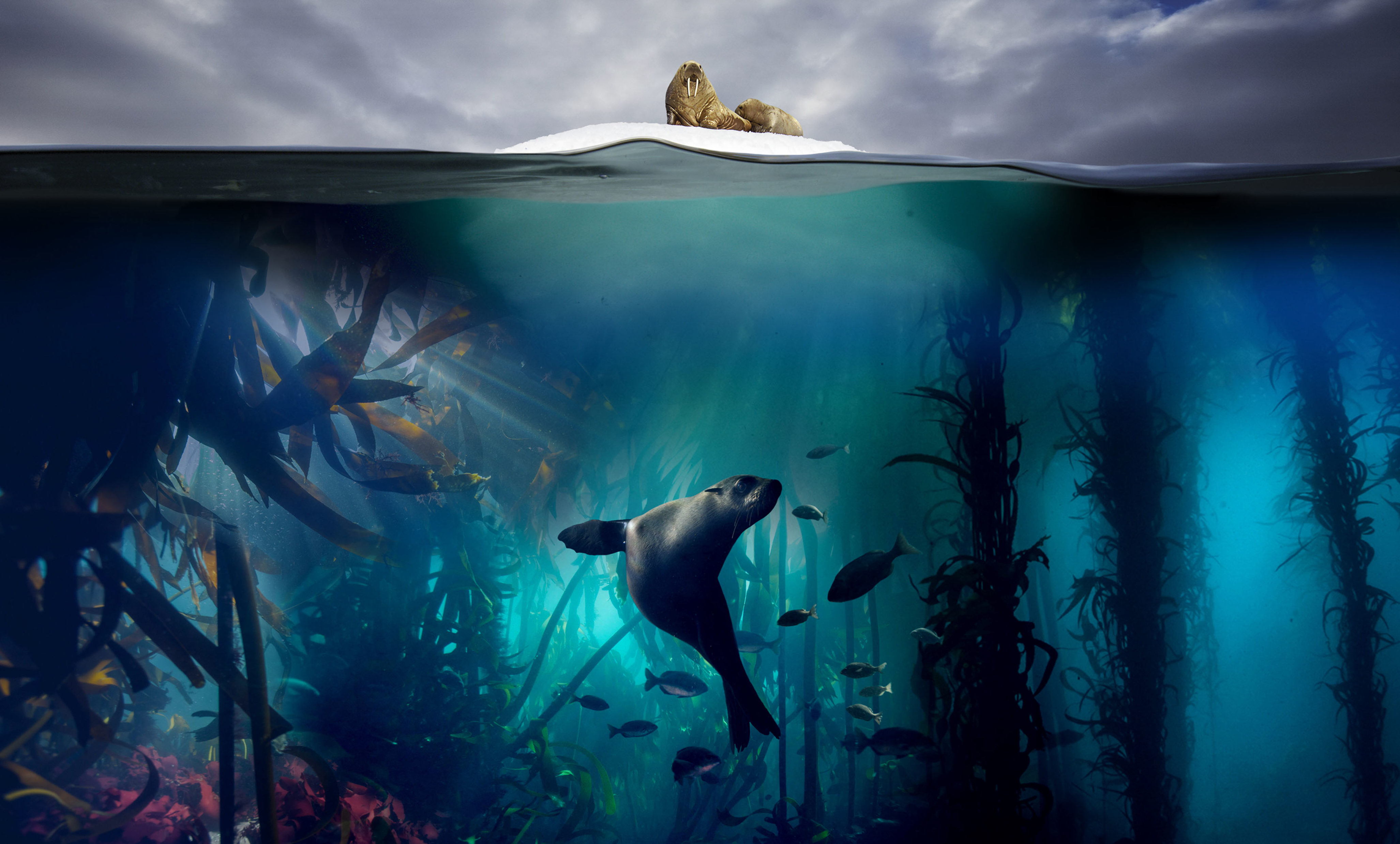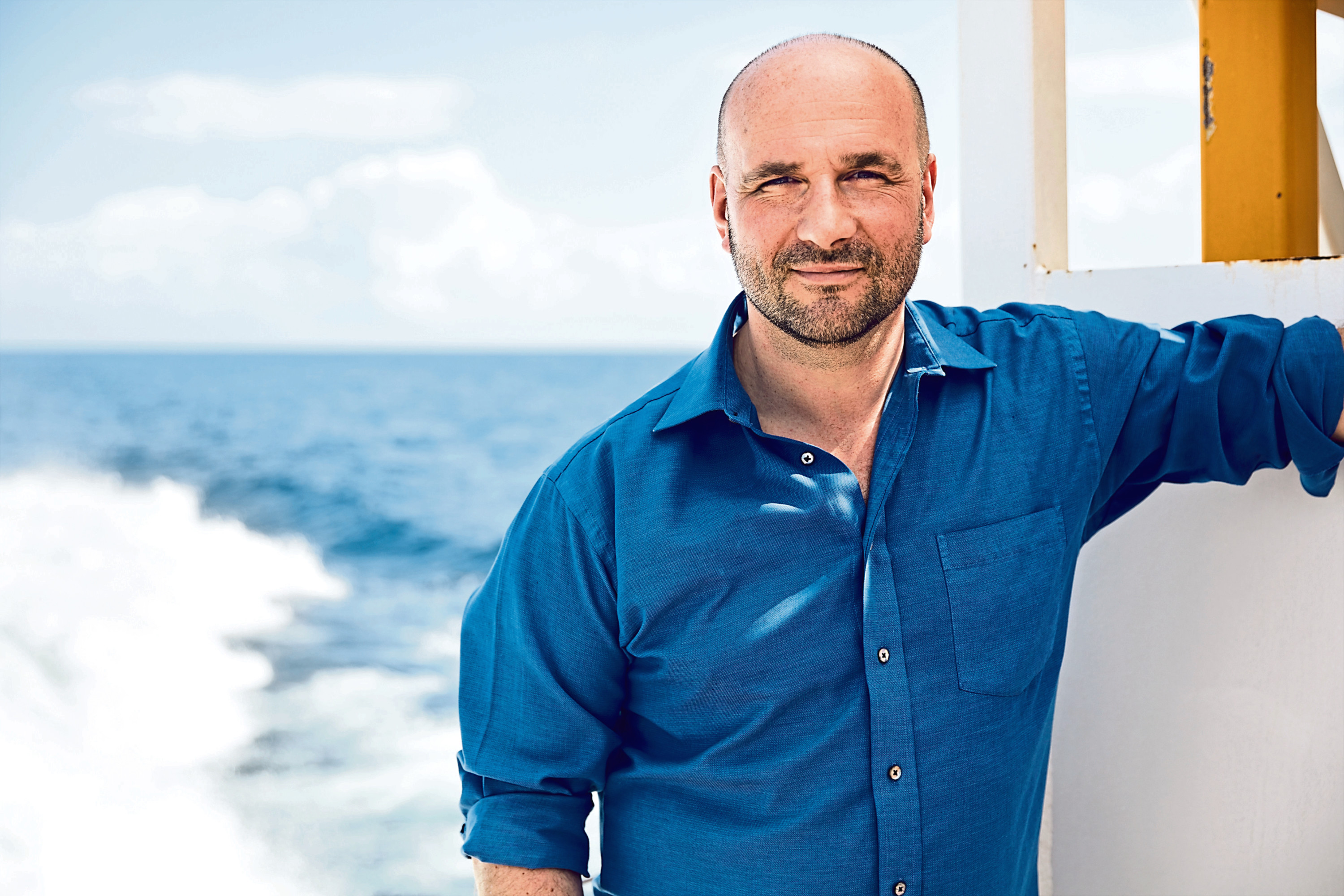
THE man behind Blue Planet 2 says there is still hope, despite the marine crisis exposed by the game-changing series.
Executive producer James Honeyborne claims the astonishing response from the public is sign that change is possible.
The award-winning broadcaster conceived the BBC1 series in 2013 and he says the damage being done quickly became evident.
“We were out there seeing things get worse first-hand, particularly bleaching of coral reefs caused by global warming,” said James, who gives talks in Edinburgh and Glasgow on Wednesday for the Royal Scottish Geographical Society.
“It was quite shocking how things unfolded during the course of filming.
“We had back-to-back bleaching on the Great Barrier Reef in 2016 and 2017. We hadn’t seen that before.”
Hard-to-see and quantify biological concerns such as high levels of chemicals in our oceans are a major worry for James, who cites the plight of heavily-contaminated killer whales off Scotland’s coasts.
But the most visible pollutant, plastic, was the one that made the biggest impact.
And he says making it a dominant feature was central to the series and a focus supported by Sir David Attenborough.
“We decided that we wouldn’t turn our cameras away,” said James.
“We didn’t want to shy away or sanitise the situation.
“We showed a baby albatross which had died a pretty gruesome death because its parents had fed it a toothpick.
“Giving the impression the oceans are fine and healthy would have been misleading, so we weren’t going to take stuff out.
“Sir David very quickly put his finger on plastics as a subject he wanted to talk about, and he was right to do so.”
Blue Planet 2 was the most-watched TV show of 2017 with more than 14 million viewers, with the resultant public outrage prompting UK legislation aimed at cutting plastic waste.
And the United Nations announced a taskforce to tackle plastic waste.
The series has been shown worldwide and there has been a similar groundswell of action from China and Australia to North America.
“The reaction was amazing,” said James. “The natural world is facing huge crisis.
“However, we have seen this huge commitment to action and the response we’ve had to plastic pollution fundamentally gives me optimism.”

Enjoy the convenience of having The Sunday Post delivered as a digital ePaper straight to your smartphone, tablet or computer.
Subscribe for only £5.49 a month and enjoy all the benefits of the printed paper as a digital replica.
Subscribe